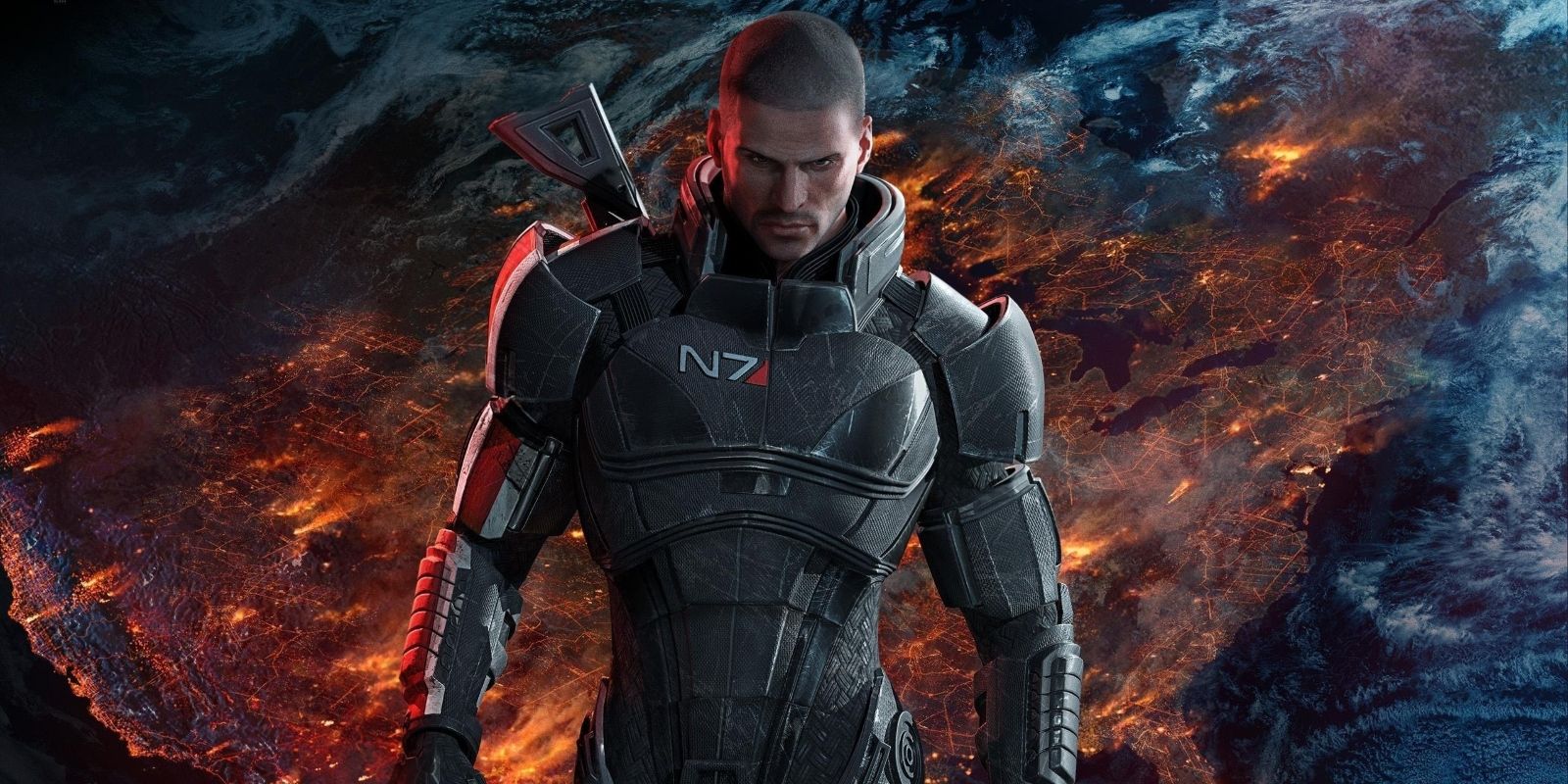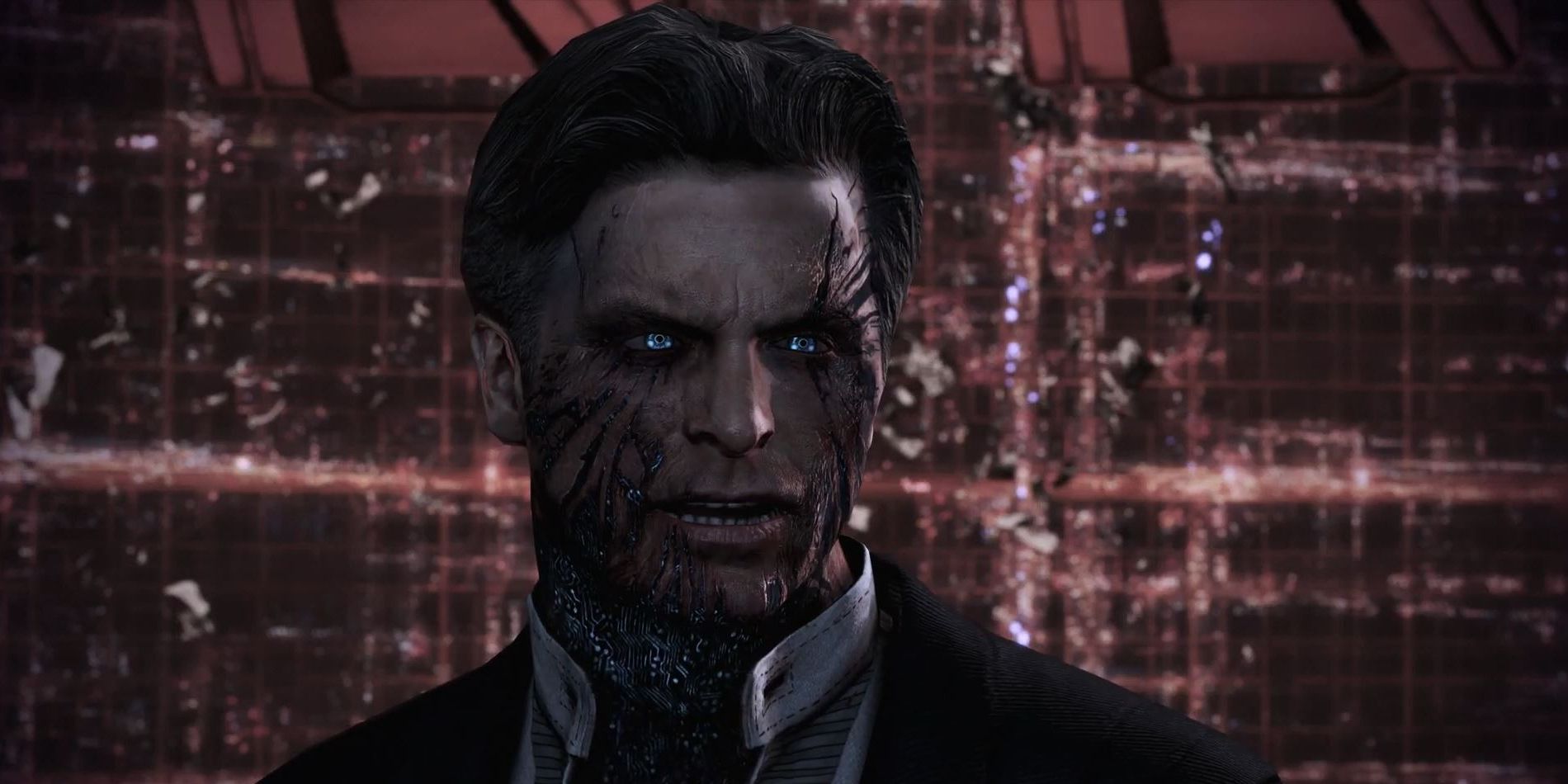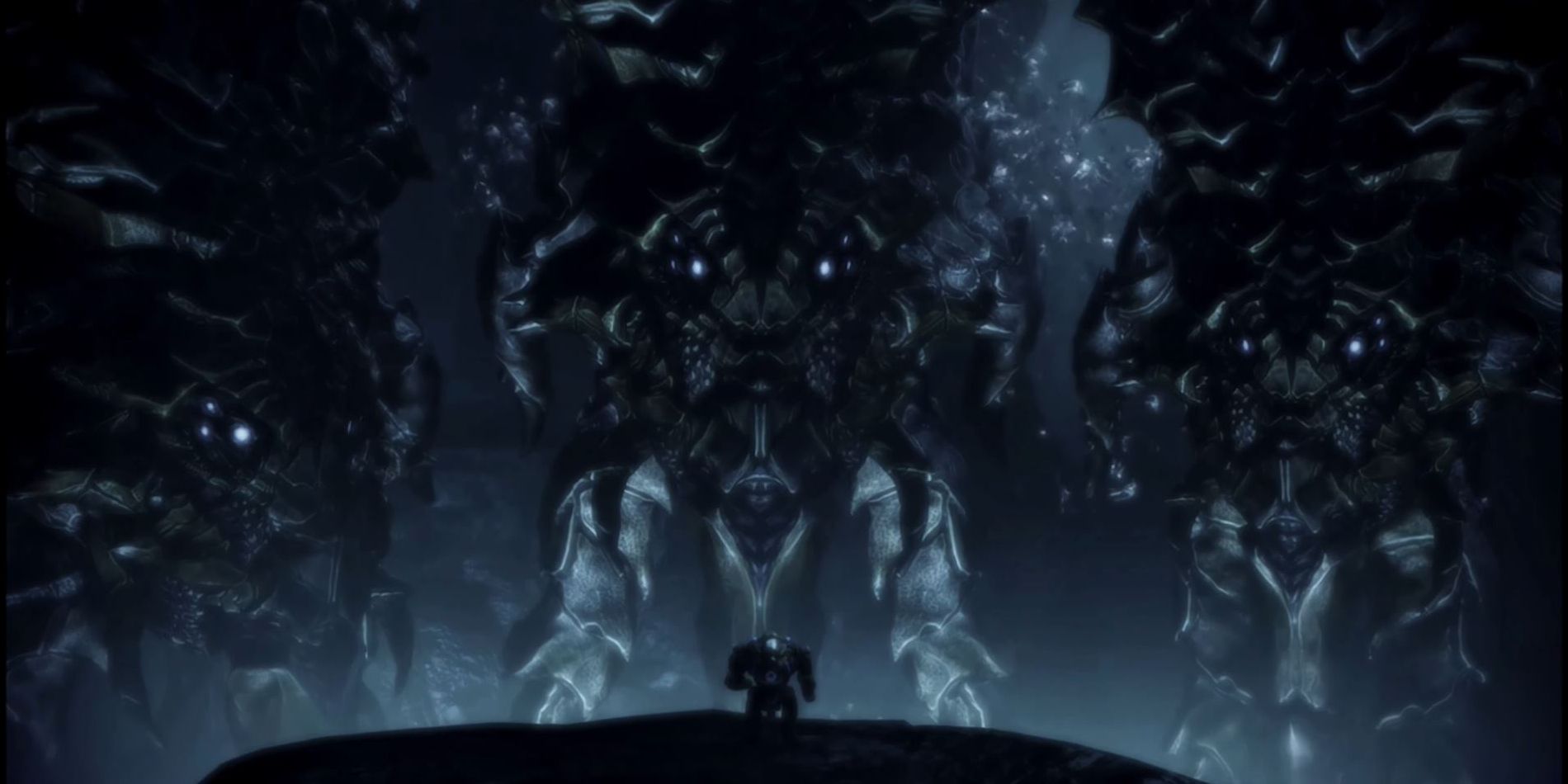At time of release, Mass Effect 3's original ending was one of the biggest controversies in gaming. Players were infuriated by its lack of choice and explanation, leading to a backlash that resulted in the Extended Cut DLC. The revised ending placated most fans by giving them a greater sense of how their choices affected the galaxy. However, while the first ending was flawed, it wasn't without merit. With the Legendary Edition now available, it's time to look back at what that original ending got wrong, what it got right and what was lost in its reconstruction.
From the very beginning, Mass Effect was a space opera-cosmic horror hybrid. In the first game, humanity is struggling to win a place in the galaxy and the biggest tensions are with alien races. This changes with the reveal of Lovecraftian machines known as the Reapers. Their existence makes it clear that all the progress made by organic life pales in comparison to the strength of synthetics.
The Reapers are a grandly terrifying presence in the galaxy. Their stated goal is the eradication of organic life. To that end, they corrupt living beings into their slaves and soldiers. Nowhere is this made more abundantly clear than in the ending to Mass Effect 3.
Shepard fights through a legion of corrupted creatures to reach the Citadel, the heart of galactic society. The station had been taken over by The Illusive Man, a once-uneasy ally now controlled by the Reaper technology he sought to wield. After dispatching him, Shepard goes on to confront the Catalyst, the intelligence that governs the Reapers, and makes the now-infamous choice between destroying them, controlling them or fusing organic and synthetic life together.
It was a surprisingly basic conclusion for a series that had, until then, put so much emphasis on freedom. As a result of being railroaded into making choices that they couldn't fully grasp, much less agree with, players rebelled against the ending. However, while obviously flawed, this sequence could have raised some very interesting questions if only its good elements had been better-developed.
In addition to agency, Mass Effect is very much concerned with the cyclical nature of history. The game's lore is full of these patterns, the biggest of which being the Reaper genocides. Organics achieve spaceflight, build civilizations on the backs of predecessors and are then wiped out by the Reapers before they can progress further. The Reapers' justification is that their purges prevent organics from developing technology advanced enough to end the galaxy, thereby preserving it for future species.
There are other noteworthy cycles throughout the series, too. The Salarians uplifted the Krogan, leading to their destructive rebellions. By Mass Effect 3, it's shown that they're considering raising the even-more vicious Yahg, demonstrating that their leaders have learned nothing. The Krogan themselves are effectively locked into a traditionalist dark age due to their own cycle of violence, which can destroy them if Shepard makes the wrong choices. Finally, there's always men like Saren and The Illusive Man meddling with forces they can't control, regardless of the consequences.
With so many examples of how organics doom themselves throughout the series, it makes a kind of callous sense why the Reapers think of themselves as necessary. To immortal machines, concerned with incomprehensible stretches of time, organics are noisy children playing with fire, inevitably threatening to burn down the forest through sheer ignorance. In this regard, limiting the player's choice and forcing them to gaze into eternity's abyss could have been one of the most frightening and meaningful moments in the entire series.
The problem is that it's poorly-conveyed. The Catalyst frames these ideas as a conflict between organics and synthetics, but Shepard can frequently deny this. The artificial intelligence EDI has been a major ally since the second game, and Shepard can end an eons-long war between the organic quarians and their robotic geth adversaries. If the Catalyst had chosen its words more carefully, perhaps its ideas wouldn't have been rejected.
Instead of developing these themes, however, the Extended Cut and all subsequent DLCs focused on the lore. Extra dialogue choices were added, letting Shepard better understand the Catalyst, and the Reapers had their entire backstory revealed in the Leviathan DLC. The problem with these stories, though, is that their explanations kill the mystery of the Reapers. The revelations reduce them to a series of glitchy programs, undermining the immortal, totalitarian menace they imposed on the galaxy.
The Extended Cut isn't a terrible ending by any means. It's clearly the more polished product when compared to the original, and it's a fine conclusion for fans who enjoy the space hero side of Mass Effect. However, for those who care about its cosmic intrigue, it shines three lights too many on mysteries that were better left in the dark.




